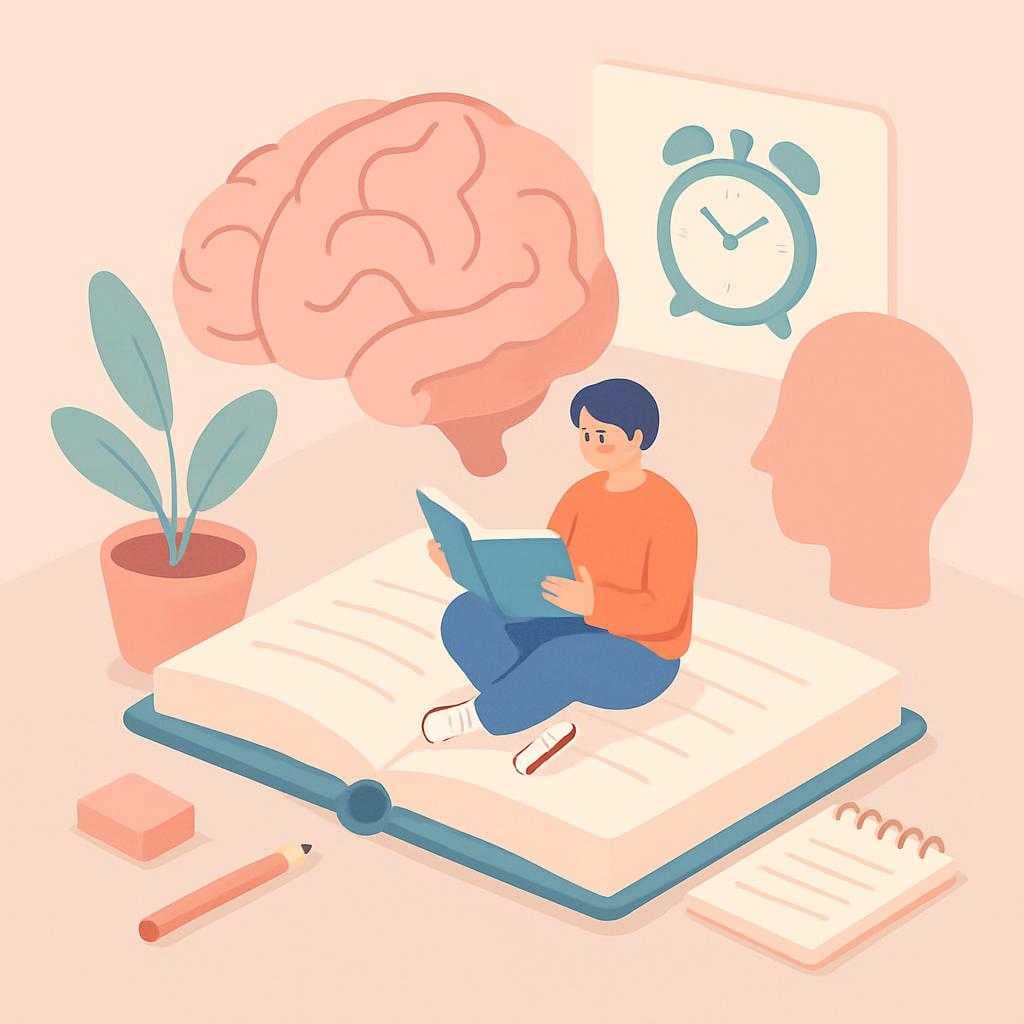Mastering Memory: Key Techniques for GCSE Psychology Students
Summary: Dive into the fascinating world of memory and learn essential techniques to excel in your GCSE Psychology exams. Discover how understanding memory theories can boost your performance across AQA, Edexcel, and OCR exam boards.
Understanding memory isn't just crucial for tackling your GCSE Psychology exam—it's essential for optimizing your overall study strategy. Whether you're preparing with AQA, Edexcel, or OCR, grasping the intricacies of memory theories can give you a significant edge. Let's explore some key concepts and how you can leverage them for exam success.
Memory Models: The Foundation of Your Learning
When studying for your GCSE Psychology exams, you'll encounter multiple memory models. The Multi-Store Model, primarily associated with Atkinson and Shiffrin, is a critical framework to understand. This model divides memory into three distinct stores: sensory, short-term, and long-term memory. Knowing how information moves through these stages can help you better organize your study material.
Another essential model is the Working Memory Model by Baddeley and Hitch. This model provides a more nuanced view of short-term memory, highlighting components like the phonological loop and the visuospatial sketchpad. Familiarity with these elements can help you tailor your revision techniques—such as using visual aids or auditory repetition—to suit your preferred learning style.
Effective Revision Techniques
-
Active Recall and Spaced Repetition: These methods are supported by the principles of the Multi-Store Model. By actively recalling information and spacing out your study sessions, you reinforce neural pathways, aiding long-term retention.
-
Mind Maps and Flashcards: Utilize the visuospatial sketchpad by creating mind maps that link various psychological concepts. Flashcards are also a great tool for quick, focused revision sessions.
-
Elaborative Rehearsal: This technique involves connecting new information with existing knowledge, enhancing understanding and retention. Try forming associations with real-life examples or creating stories around psychological theories.
-
Dual Coding: Combine words and visuals to enhance memory retention. This approach aligns with the Working Memory Model, effectively using both the phonological loop and the visuospatial sketchpad.
Exam Board Specific Tips
- AQA: Focus on understanding the application of memory theories in real-world contexts, as AQA often tests application skills.
- Edexcel: Pay attention to the research methods in memory studies, as Edexcel emphasizes methodological understanding.
- OCR: Be prepared to compare and evaluate different memory models, a common requirement in OCR exams.
By mastering these memory techniques, you not only enhance your ability to recall information but also equip yourself with the skills to analyze and apply psychological theories effectively. As you prepare for your GCSE Psychology exams, remember: understanding how your memory works can be the key to unlocking your academic potential.
